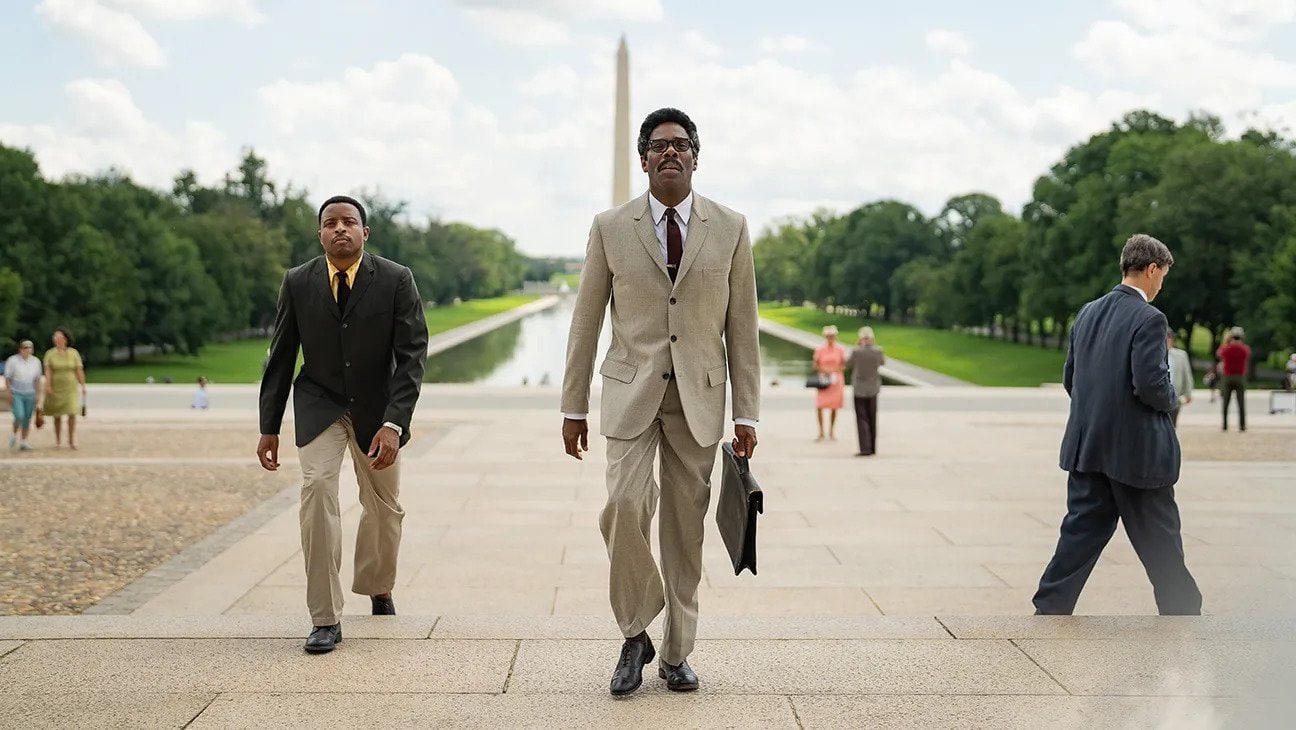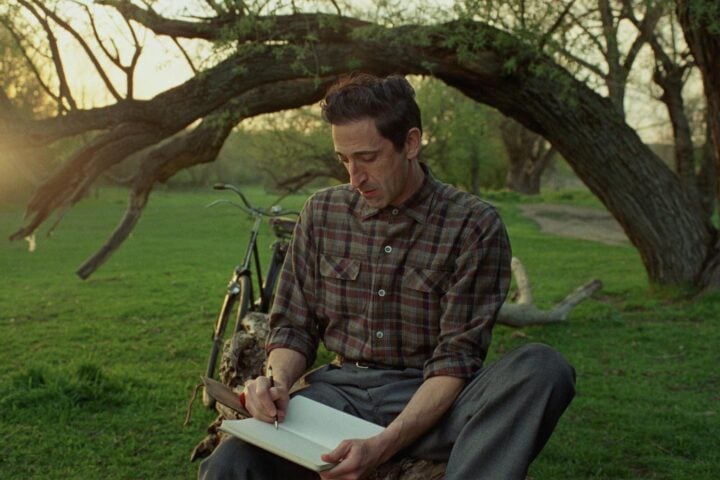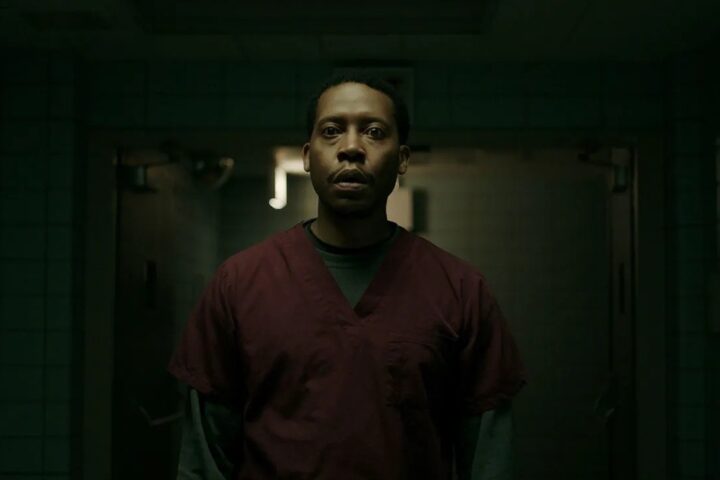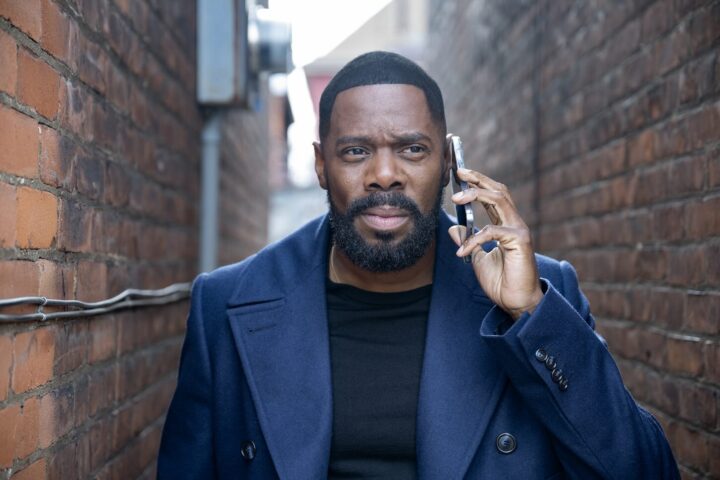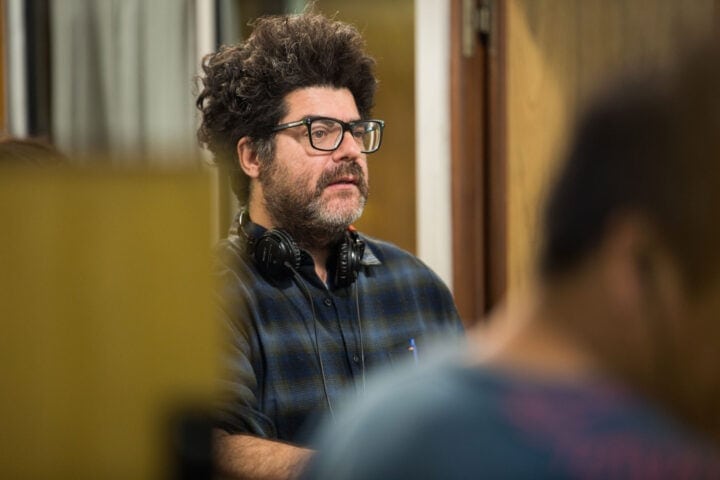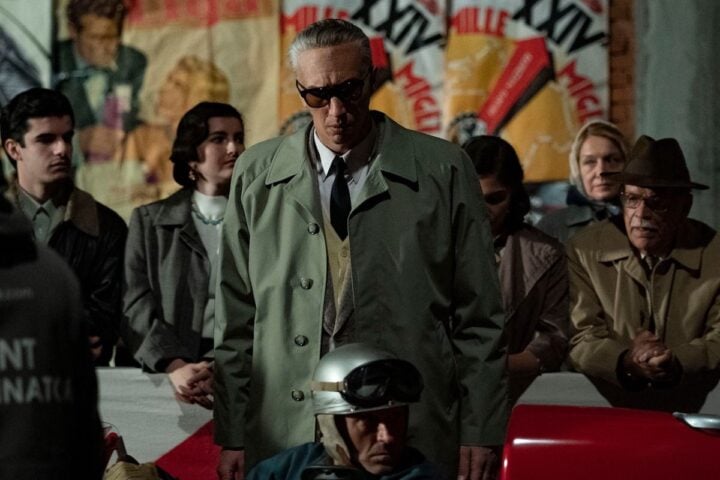George C. Wolfe’s biopic of Bayard Rustin (Colman Domingo), the civil rights activist who helped put together one of the largest peaceful protests in American history in 1963, takes on added resonance in the wake of recent violence in Israel and Gaza. The March for Freedom and Jobs on Washington and the current protests around the world in support of Palestinians are separated by decades and origins, and while Rustin doesn’t bridge the gap between these events, it reminds one of how much activism has changed over six decades.
Rustin, which tracks the eight-week breakneck race to get multiple civil rights organizations, like the N.A.A.C.P., to cooperate and get 100,000 peaceful protesters down to the National Mall hums along, at an agreeable tempo. Wolfe and screenwriters Julian Brece and Dustin Lance Black conjure the events in a crowd-pleasing manner. This is a film that doesn’t want for soliloquies. Even in a post-Black Lives Matter world, and as much hope as Rustin is supposed to instill in its viewers, Rustin roots itself cinematically more in fantasy than possibility.
Domingo is charismatic and dynamic enough to transcend the limitations of a script that too often passes by as a stream of sharp, quotable quotes and monologues. The script’s insistence on functioning like a quote book feels more overtly theatrical in contrast to the film’s attempt at a kind of passive realism. But Domingo splits the difference, balancing the showy gestural qualities of his character with an attempt to ground the words in something tactile, curling his lips around every word. He’s a true believer waggling his eyebrows at the chance to spread the word of peaceful protest and the potential for alliances between disenfranchised groups.
If Martin Luther King Jr. (Aml Ameen) has the Holy Spirit coursing through his voice, then Bayard Rustin has Puck in his. Domingo infuses his performance with such energy that it’s a surprise he doesn’t leap upon one of the shambolic desks littering the cramped office where the March on Washington for Jobs and Freedom is being organized and put on a whole magic show. His turn is, even within the confines of a relatively banal film, nothing short of entertaining.
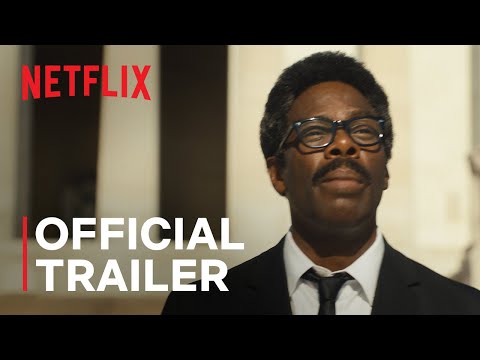
Domingo’s performance builds its complexity more in Rustin’s negotiation with different civil rights leaders than it does his personal life (including his open homosexuality), but possibly more compelling is the sight of watching people act collectively. In its depictions of quotidian reality—of calling donors, making sure transportation is ready, and doing the work of seeking solidarity with others—Rustin finds excitement in the grueling nature of grassroots organizing.
At times, the film feels bogged down by narrative, by the necessary propulsion of tracing how Rustin got from being seen as a doubtable leader by Adam Clayton Powell Jr. (Jeffrey Wright) and Roy Wilkins (Chris Rock) to being a worthy co-parent of the cause with Dr. King. But Rustin is most fascinating when it’s fixated on the grind and tedium of getting things done, even if one sequence, whose edits are beat matched to Stevie Wonder’s “Fingertips,” is too cute by half.
Wolfe’s background in theater, though it betrays his impulses toward aestheticizing grandstanding political odes, still informs the film’s interest in the minutiae of setting and action. Throughout, the buoyant conversations that Rustin has with others, be they with civil rights leaders like Anna Hedgeman (CCH Pounder) or the object of his affection, Elias (Johnny Ramey), feels as emboldened by the galvanization to do hard work for the cause as the spaces in which he and his comrades have to organize. Phones ring off the hook, signs are made, sandwiches for protesters are delivered. Every tool to bring people together is utilized.
Rustin is an optimistic movie that’s nearly abrasive in its tonal brightness. Political galvanization seldom looks so peppy. Organizing is thankless work, and even though the film, like others in its lineage, functions as an ode to the unsung workers for the revolution, it only turns that tedium to spectacle, rarely willing to truly think about organizing as, well, boring. The boring parts are important, and that’s when Rustin betrays its penchant toward fantasy. Perhaps, in its puppy-dog desperation to make grassroots activism entertaining, you have to spin history into fantasy in order for there to be a little bit of hope.
Since 2001, we've brought you uncompromising, candid takes on the world of film, music, television, video games, theater, and more. Independently owned and operated publications like Slant have been hit hard in recent years, but we’re committed to keeping our content free and accessible—meaning no paywalls or fees.
If you like what we do, please consider subscribing to our Patreon or making a donation.

